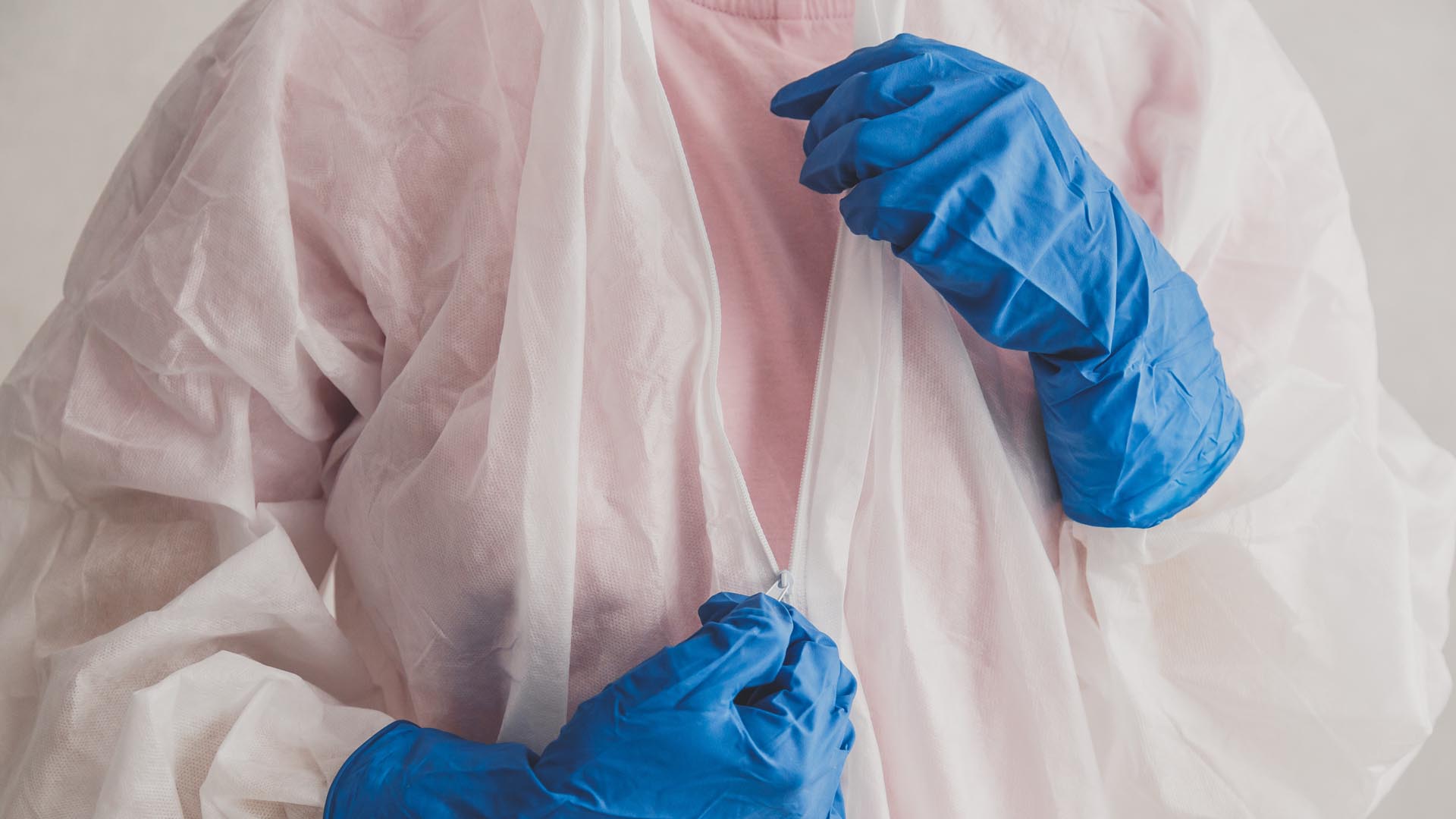With the novel coronavirus pandemic underscoring the urgent need to strengthen the global health workforce, a report said Monday that more than 50 percent of health workers are nurses but found that the current tally of 28 million nurses leaves a shortfall of 5.9 million.
“Nurses are the backbone of any health system. Today, many nurses find themselves on the frontline in the battle against Covid-19,” World Health Organization (WHO) Director-General Tedros Adhanom Ghebreyesus said during a video press conference.
He said Tuesday is the WHO’s birthday, which is celebrated every year as World Health Day in this International Year of the Nurse and the Midwife, which pays tribute to all health workers, especially nurses and midwives.
“Nurses are there from the first moments of life to the last. This report is a stark reminder of the unique role they play and a wakeup call to ensure they get the support they need to keep the world healthy,” said Ghebreyesus.
The new report, The State of the World’s Nursing 2020, looks at the most significant component of the health workforce.
“One of the lessons I hope the world learns from Covid-19 is that we must invest in health workers – not only to protect lives but also to protect livelihoods,” said Ghebreyesus.
Mary Watkins, alternate chair of Nursing Now, a global initiative to raise the profile of nursing, backed his call at another press conference.
“Nursing must be seen as an investment in health in a country, not a cost, and that investment should lead to economic prosperity. And as we see at the moment, the economy globally is being challenged by the pandemic,” said Watkins.
“So when could be a better time to recognize that by investing in a nation’s health through the right workforce is much more likely to get us back to global economic prosperity.”
Nurses account for more than half of all the world’s health workers, providing vital services throughout the health system.
Historically, nurses are at the forefront of fighting epidemics and pandemics that threaten health across the globe.
Data from 191 countries indicate a global nursing stock of approximately 28 million in 2018, predominantly (69%) professional nurses.
Professional and associate professional nurses represent approximately 59% of health professionals (medical doctors, nursing personnel, midwifery personnel, dentists, pharmacists) in 172 countries with available data.
The WHO said that nine out of 10 nurses globally are female, with significant regional variations: in the African region, the female-male ratio is 3:1. Male nurses outnumber females in 13 countries.
There are also large variations in distribution within regions.
In the region of the Americas, more than eight out of 10 nurses work in three countries (Brazil, Canada, and the United States), which host 57% of the population.
In the African and Eastern Mediterranean regions, the nurse density per population varies 100-fold across countries. (Anadolu)







